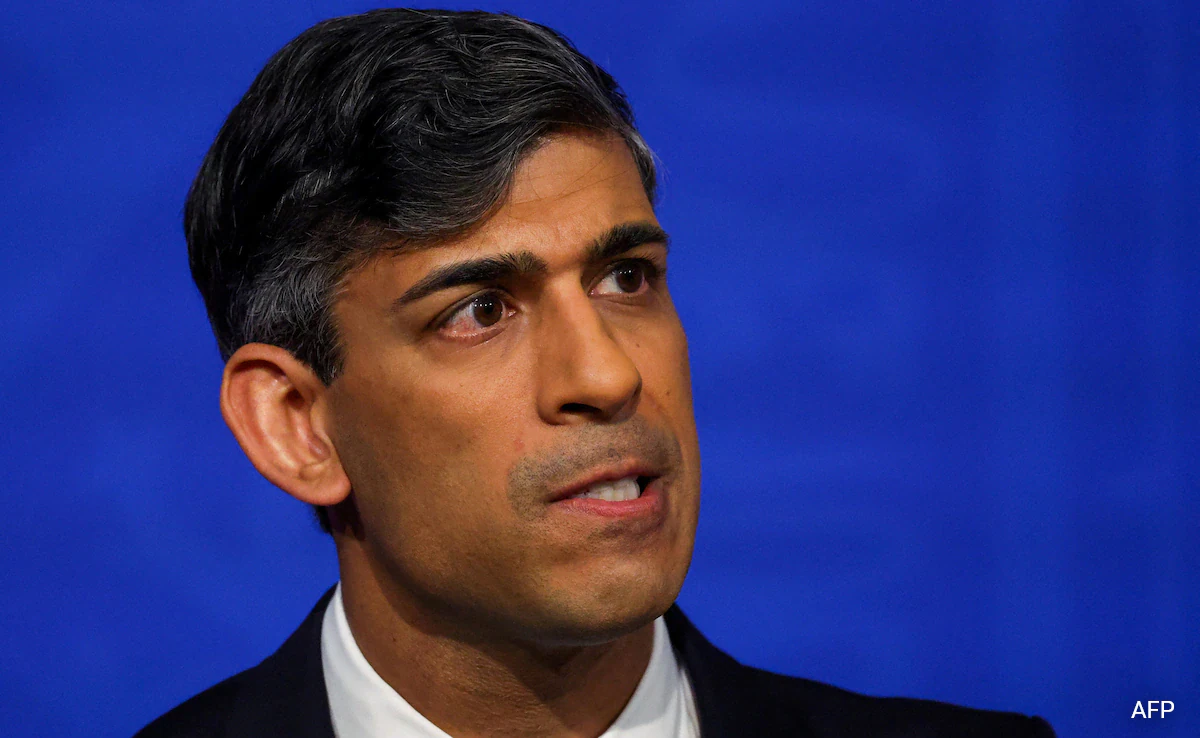After months of economic stagnation, the United Kingdom has kicked off 2024 with a burst of growth that has not only ended its recent recession but also positioned its economy as a topic of robust debate and crucial focus in the run-up to the upcoming general election. With a notable growth spurt of 0.6% in the first quarter, the United Kingdom’s economy has outpaced forecasts and set the stage for an intriguing political and economic narrative.
Prime Minister Rishi Sunak and his government have found a rare moment of respite as the latest figures released by the Office for National Statistics reveal the fastest economic growth since the end of 2021. This growth, heralding the end of the recession that plagued the United Kingdom in the latter half of the previous year, has given the Conservative leadership a much-needed boost in credibility.
“The economy has turned a corner,” announced Sunak, optimistically framing the future amidst ongoing challenges. Finance Minister Jeremy Hunt echoed this sentiment, emphasizing that “today’s growth figures are proof that the economy is returning to full health for the first time since the pandemic.”

United Kingdom’s Economic Growth in Context: A Comparative Analysis
Despite the positive news, the opposition Labour Party remains skeptical. Shadow Finance Minister Rachel Reeves criticized the Conservative celebration as premature, stressing that the government should not be “doing a victory lap” when many continue to feel economic pressures.
“This is no time for Conservative ministers to be telling the British people that they have never had it so good,” she stated, highlighting the ongoing difficulties faced by many United Kingdom households.
Internationally, the United Kingdom’s first-quarter growth of 0.6% stands out, especially when compared to the slower growth rates seen in other major economies like the eurozone and the United States, which reported growths of 0.3% and 0.4%, respectively.

However, the overall recovery from the pandemic remains sluggish compared to other G7 nations. At the end of the first quarter of 2024, the United Kingdom’s economy was only 1.7% larger than it was at the end of 2019 before the pandemic struck.
This places the United Kingdom just above Germany in terms of recovery within the G7, highlighting the prolonged impact of various global and domestic challenges.
The Role of Monetary Policy in Economic Stability
The Bank of England (BoE) has also played a crucial role in navigating through these turbulent times. With interest rates held at a 16-year high, the BoE has signaled potential rate cuts as early as June, though the stronger-than-expected GDP growth might complicate these plans.
“This is likely to be a surprise to the MPC and may result in upward revisions to inflation at the next Monetary Policy Report,” noted economists from the Japanese bank Nomura.
GDP is up. That is good news for everyone.
We know things are still tough for many people, but our plan for the economy is working, and we must stick to it. pic.twitter.com/61Ge6C3ccj
— Rishi Sunak (@RishiSunak) May 10, 2024
Beyond the Numbers: The Real Impact on Living Standards
Despite the positive headline GDP figures, the reality for many in the United Kingdom is that living standards have seen little significant improvement. The GDP per capita rose for the first time in two years this quarter by 0.4%, but it remains 0.7% lower than the previous year.
Gora Suri, an economist at PwC, points out that “in per capita terms, it could be said that United Kingdom households have seen little meaningful improvement in living standards in the last two years.”

As the country moves closer to an election, the economy will undoubtedly remain a central issue. With the Conservative government claiming a turn-around and the opposition cautioning against premature celebration, the stage is set for a heated debate on the future economic direction of the United Kingdom.
Amid these discussions, the real test will be how these economic gains translate into everyday benefits for the average citizen, ensuring that the recovery is not only marked by numbers but also by a genuine rise in the well-being of every resident in the United Kingdom.










